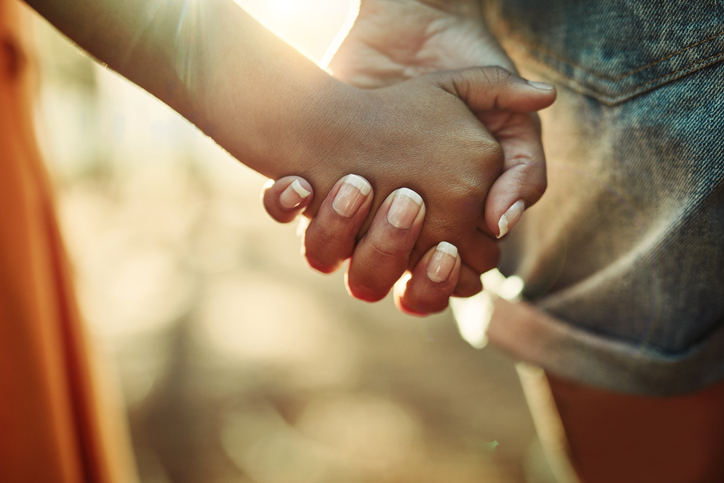What is assault?
An assault is when someone physically attacks you, or threatens to attack you.
This content has been written for children and young people. If you’re looking for information for over 18s, visit our Types of Crime information about assault.
Assault might include things like being pushed, shoved, punched or kicked, and can even involve weapons. For example, if someone hits you with a bottle or threatens to stab you with a knife.

According to the law there are several different types of assault, which may depend on how someone hurt you, or how badly you were injured. The main types of assault are:
- Common assault: when someone uses force, such as pushing or slapping, or makes threats of violence.
- Actual Bodily Harm (ABH): when you are injured as the result of an assault, for example bruised, scratched or bitten.
- Grievous Bodily Harm (GBH): when you are seriously injured in an assault, such as being stabbed.
- Sexual assault and rape: these are types of sexual abuse, when someone forces you to have sex (rape) or touches you in a sexual way when you don’t want them to (sexual assault). (Find out more about sex crimes.)
- Domestic violence and relationship abuse: these are the terms used to describe an assault by your boyfriend, girlfriend, or former partner.
- Hate crime: when someone assaults you because of your identity, such as your race, religion, culture, gender identity, sexual orientation or disability. The police take hate crime very seriously, and if the crime leads to a trial, the offender may be given a longer sentence because the assault was motivated by hate.
Even if the attack doesn’t result in physical injuries, it can still be regarded as an assault. Incidents can happen anywhere – at home, at school, in the street – and often the victim knows the person who attacks them. Whether you are physically hurt or not, being assaulted can have a big effect on you emotionally.
It can be extremely frightening to be the victim of an assault. As well as possibly being hurt or injured physically, you can be very seriously affected emotionally. Many people find it hard to deal with the feeling of being powerless when they are threatened. You might:
- find it hard to believe what has happened, and feel numb.
- feel deeply upset.
- feel like your life is completely out of control.
- be having physical symptoms such as ‘the shakes’, sleeplessness or crying all the time.
- feel extremely angry towards your attacker.
- even blame yourself for being in the wrong place at the wrong time.
All of these reactions, and more, are completely normal responses to being a victim of violence. The important thing to remember is that it’s not your fault. You haven’t done anything wrong: the person who has assaulted you who is to blame, as no one has the right to hurt or threaten you.
Being a victim of assault can leave you feeling worried, scared, sad or angry, especially if you feel like you are trying to cope with what has happened on your own. Many young people find that it helps if they can talk to someone, and some things you can do are:
- Tell an adult you trust. This could be a teacher, a family member, your youth worker or support worker. Tell them what’s happened, and ask for their help and advice.
- Think about reporting it to the police. If you think you are at immediate risk of getting hurt, call 999.
- See a doctor or go to the accident and emergency department at hospital if you have been injured and need immediate attention.
- If you’re worried or feel unsafe because of what’s happened, talk to your trusted adult about developing a safety plan that would help you choose how best to keep yourself safe in the future.
- Write down what has happened soon after the event including times and dates.
- Talk to your friends. A good friend will listen to you and may help you speak to an adult.
If you are worried about a friend, we have some tips on how you can start the conversation and get them the right help
Victim Support’s Children and Young People Services – you can contact your nearest Victim Support office, call the 24/7 Supportline, contact us via live chat, or if you are 16 or older, you can create a My Support Space account. This is a free, safe and secure online space where you can work through interactive guides to help you move forward after crime.
Childline – 24-hour support for young people, both on the phone and through online chats and message boards, on crime, safety and a range of other issues: 0800 1111.
The Mix – information and support for under 25s on a whole range of issues. Get confidential help by email, text, webchat or phone: 0808 808 4994.
Crimestoppers – if you want to provide information about a crime without talking to the police, you can contact Crimestoppers anonymously on 0800 555 111.
